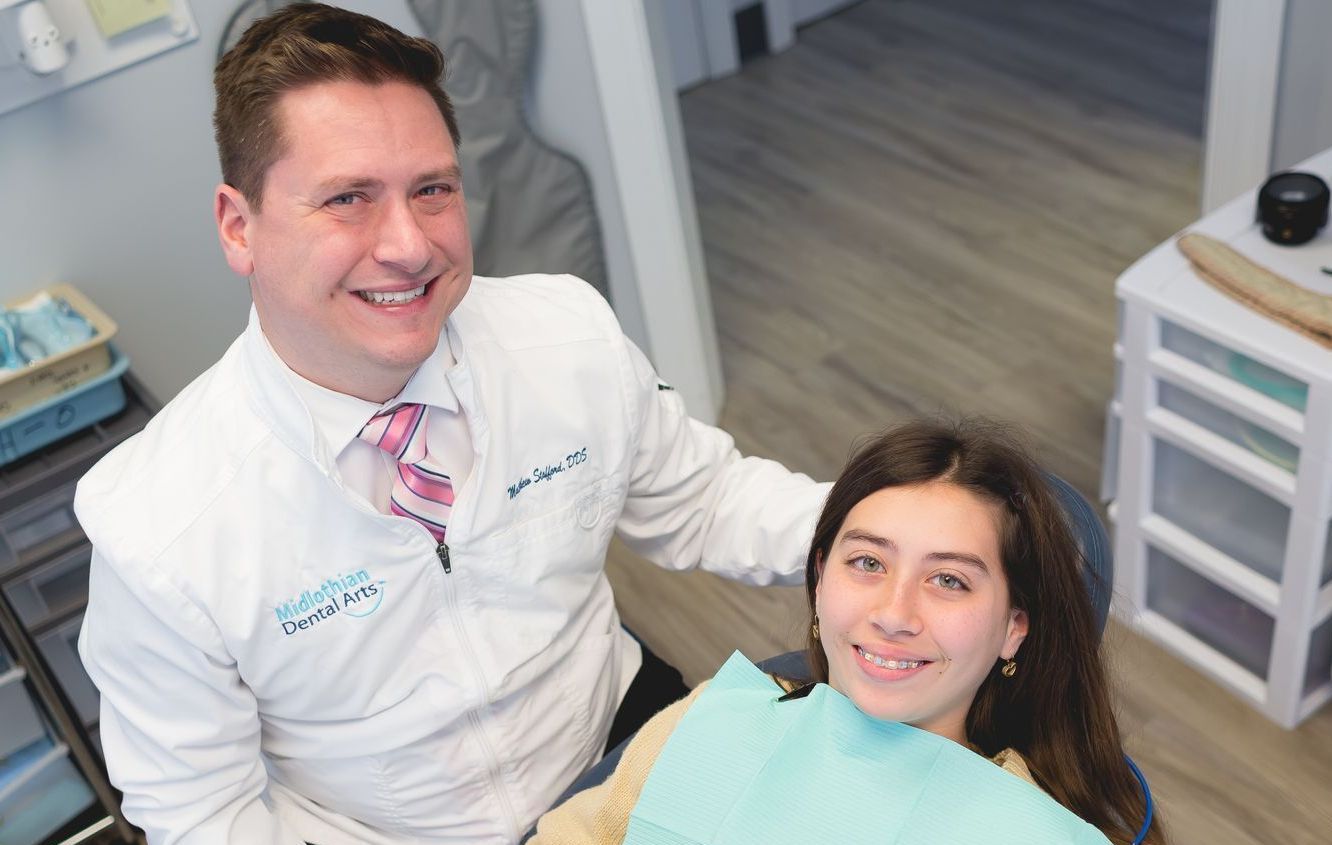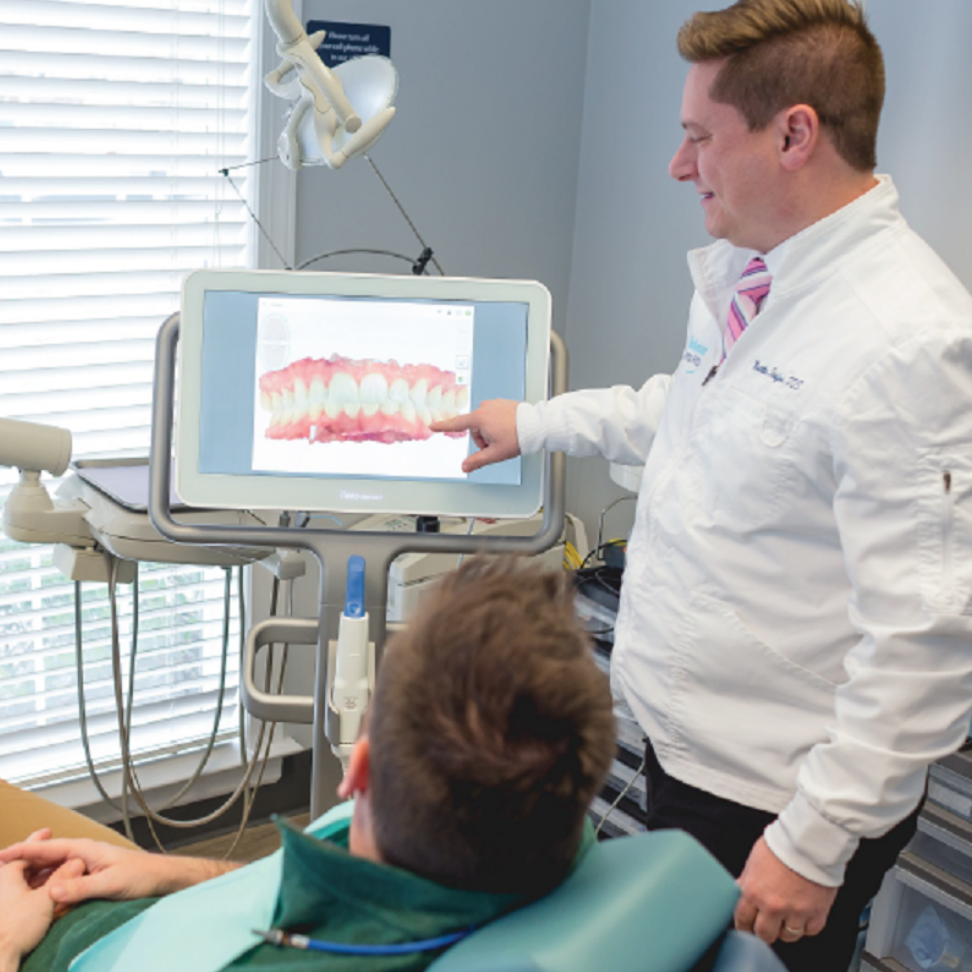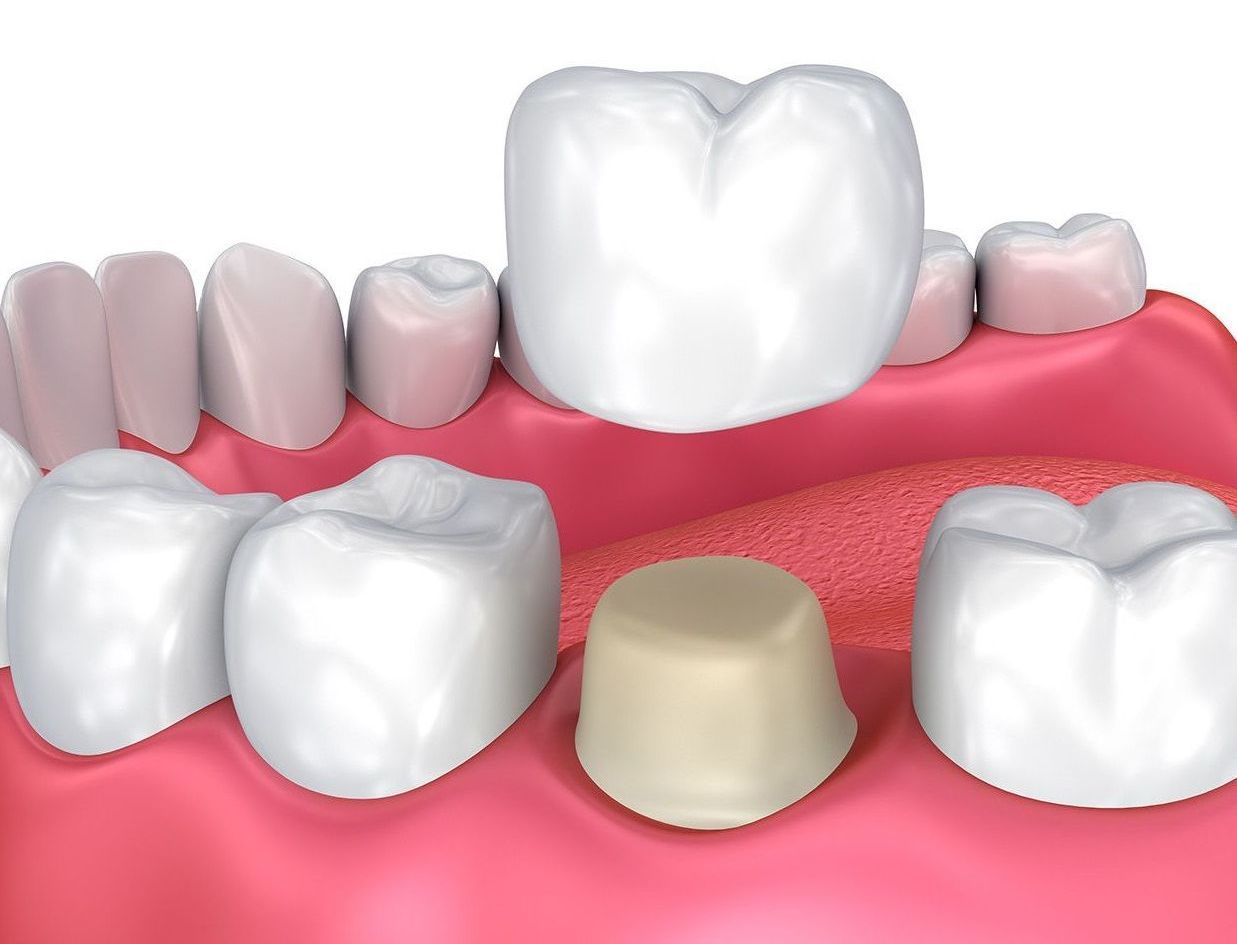TMJ: Experiencing a Sudden Onset of Jaw Pain?
Understanding the Sudden Onset of TMJ Pain
Temporomandibular Joint Disorder (TMJ) can be a painful and frustrating condition that affects millions of people around the world. The pain can strike suddenly, leaving individuals bewildered and in discomfort. As dental health professionals, we have encountered many patients who have experienced the sudden onset of TMJ, and we want to shed light on this condition, offering insights to help those who are struggling with it.
A Sudden Onset of TMJ Pain
The temporomandibular joint, or TMJ, is a complex joint that connects the jaw to the skull. TMJ disorder occurs when this joint and the surrounding muscles become dysfunctional. While TMJ can develop gradually over time due to various factors like stress, teeth grinding, or misalignment, the pain can often strike suddenly without warning. In some cases, patients may not even be aware of the condition until they begin experiencing pain and discomfort.
Common Causes of TMJ Issues
- Stress and Anxiety: Stress is a common trigger for TMJ, and it can cause patients to clench their jaws or grind their teeth, often unknowingly. The excessive tension on the jaw joint can lead to the sudden onset of TMJ symptoms.
- Teeth Grinding (Bruxism): Teeth grinding, especially during sleep, is a major contributor to TMJ. The force exerted during grinding can strain the jaw joint and lead to inflammation.
- Trauma or Injury: An accident or injury to the jaw or face can also lead to sudden TMJ onset. This can disrupt the normal functioning of the jaw joint and cause pain.
- Dental Issues: Sometimes, issues like misaligned teeth, an improper bite, or dental procedures that inadvertently affect the jaw joint can result in TMJ symptoms.
The Symptoms of Sudden Onset TMJ
Recognizing the symptoms of TMJ is crucial for early intervention and management. Patients who experience the sudden onset of TMJ may encounter the following:
- Jaw Pain: One of the most common and distressing symptoms is jaw pain. It can be sharp or dull and may worsen when chewing, talking, or yawning.
- Headaches: TMJ often leads to tension headaches, which can be intense and debilitating.
- Clicking or Popping Sounds: Patients might notice clicking or popping sounds when they move their jaw, which is indicative of joint dysfunction.
- Earache and Tinnitus: TMJ can cause discomfort in the ears, including earaches and ringing or buzzing sounds (tinnitus).
- Neck and Shoulder Pain: Pain and discomfort may radiate from the jaw to the neck and shoulders.
Caring for Sudden Onset TMJ
If you or someone you know is dealing with the sudden onset of TMJ symptoms, it's important to seek professional help. Schedule a dental examination for an accurate diagnosis. Your dentist will perform a comprehensive examination, including X-rays, to determine the extent of the issue.
Depending on the severity of the condition, treatments may include mouthguards, physical therapy, and medication for pain and inflammation. Lifestyle changes may be recommended as well, including stress management techniques, such as relaxation exercises and avoiding hard or chewy foods to help reduce symptoms.
Dealing with the sudden onset of TMJ pain and discomfort can be a challenging experience, but with proper care and attention, you can find relief. As dentists, we want to emphasize the importance of early intervention, as it can significantly improve the quality of life for individuals struggling with TMJ. Remember, you don't have to face this journey alone; your dental team is here to help you through it, offering a caring and compassionate perspective to guide you toward relief and recovery.
Do you have questions about TMJ or any other oral health concerns? As always, we are here and ready to help.










